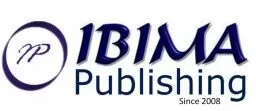Technical Factors for Implementing SOA-Based Business Intelligence Architecture: An Exploratory Study
Communications of the IBIMA
Business intelligence (BI) architecture based on service-oriented architecture (SOA) concept enables enterprises to deploy agile and reliable BI applications. However, the key factors for implementing a SOA-based BI architecture from technical perspectives have not yet been systematically investigated. Most of the prior studies focus on…

